Discover Miami University's Conservatory: A Botanical Haven
Explore Diverse Plant Species and Learn About Nature at MUH
Travel around the world of several nature’s ecosystems in one visit at The Conservatory at Miami University’s Hamilton campus (MUH).
You’ll see a variety of plant and tree species from tropical, desert, prairie, forest, native SW Ohio, as well as pollinator gardens and waterways. Multiple habitats are available to explore and gain an understanding of horticulture, connection with nature, and interdependence of ecosystems.
A self-guided walk or scheduled tour are available indoors at the Conservatory and visitors can extend their visit outdoors with trails and paths that are accessible for everyone. A tree walk with 25-species of trees is also available for a stroll through the Formal Gardens surrounding The Conservatory.
The Conservatory offers frequent seminar series to help people learn how to enjoy nature in their homes or businesses. There are exhibits and events to inspire people to plant gardens, even if they do not have lawns. The importance of pollinators for healthy ecosystems is highlighted, including local bumble bees, moths, bats, beetles, butterflies and other insects. Information is provided on plants that deter “pests” and those that attract insects and pollinators, along with the co-evolutionary history of plants, insects, and wildlife and how extinctions impact these relationships. One function of The Conservatory is to propagate plants that are no longer found in the wild—an important service for the health and history of our environment.
Future plans for the Atrium include a children’s learning area with funds recently awarded from the Miami University Women’s Giving Circle Hawk Tank grant competition. Composting on site includes worm bins used to teach classes about how to compost food scraps at home.
Dr. Deidra Jacobsen and staff at The Conservatory engage with the community at events such as Hamilpalooza plant exchange, public talks at various community locations, and local events like the Butler County Pollinator Fest and Pyramid Hill’s Art and Earth Day.
Daily care at The Conservatory is a valuable learning opportunity for MUH students. The Conservatory benefits students by creating opportunities for research, job preparation, and resume building. Efforts include digitizing and labeling species, propagating plants, phylogenetic studies, and morphological research, which serves as a community resource. Coursework using their plants and research includes health, medicine, and food applications as well as cultivated crop plants and their benefits.
Differences between wild and cultivated plants are noted, like roses and pomegranates, in The Conservatory’s Horticultural room. Cross applications of plants for food and medicine are explored, such as black pepper and willow (aspirin). This room contains many species of orchids, one of the most diverse plant families that includes vanilla.
The Conservatory features multiple types of plants with various adaptations, such as bromeliads thriving in shallow soil without much water. Discussions with students and the public, cover the importance of photosynthetic processes, propagation methods and temporal rhythms.
Educating people on how older habitats and forests are valued for their complex root systems and mycorrhizal microbiome are also part of the mission of the MUH Conservatory. The facility offers learning resources, exhibits, interactive areas, and group tours. One popular plant with visitors is the Mimosa pudica plants that are sensitive to touch, along with carnivorous plants native to Ohio. A new grant to The Conservatory from the Ohio Environmental Protection Agency will increase the number of species in the bog areas behind The Conservatory and their use in teaching and community outreach.
The Conservatory educates on thermal gradients, with different display rooms from different climates, including tropical plants. The benefits of leaving fallen leaves to enrich soil are explained.
Deidra loaned me the sensational book, The Plant Messiah, by Carlos Magdalena, discussing the modern impacts on tree cover and historical lessons from the Nazca civilization. Details include the role of Pachamama, planting projects, air plants, and examples of unique plants and their uses, emphasizing the importance of conservation and biodiversity.
Plants exhibit remarkable traits and there is ongoing research to learn more. Mimosa pudica studies demonstrate plant learning capabilities, and Venus flytrap’s ability to count is highlighted.
The underground fungal networks facilitating nutrient sharing among plants are described, alongside natural weed-killing mechanisms. Research shows plants communicate and respond to stimuli, attracting pollinators, hosting bacteria, and establishing networks through soil fungi. The intelligence of plants is acknowledged despite lacking brains or nervous systems.
Efforts to conserve habitats and plants are crucial for maintaining biodiversity. Recommendations include engaging in gardening groups, supporting environmentally conscious leaders, educating children about nature, and cultivating habitats for endangered species. Deidra and The Conservatory advocate for sustainable practices that reduce pollution and show the successes and failures of environmental actions.
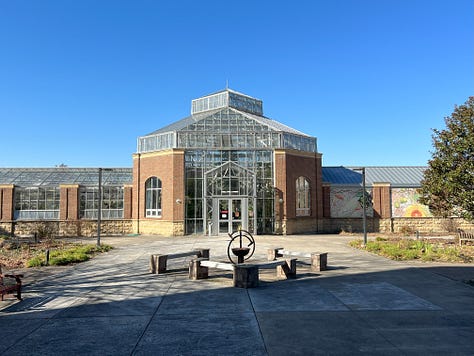
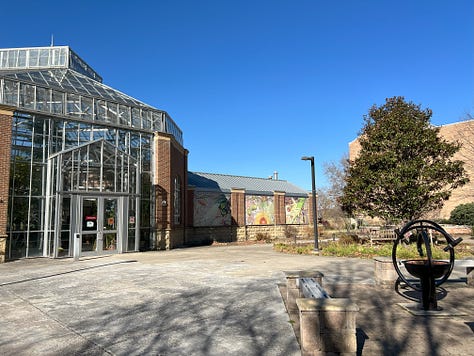
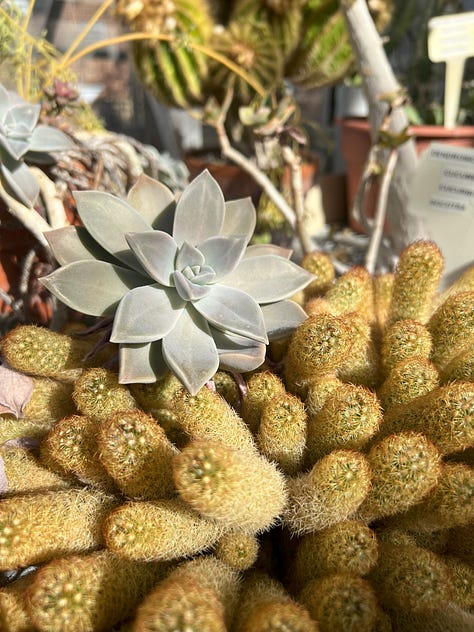
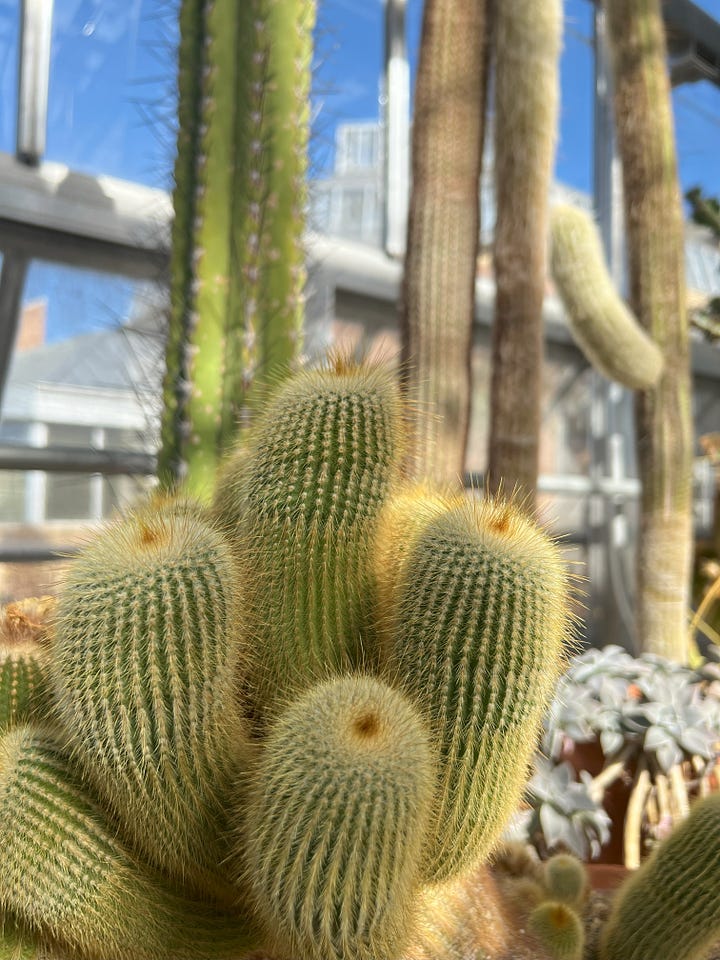
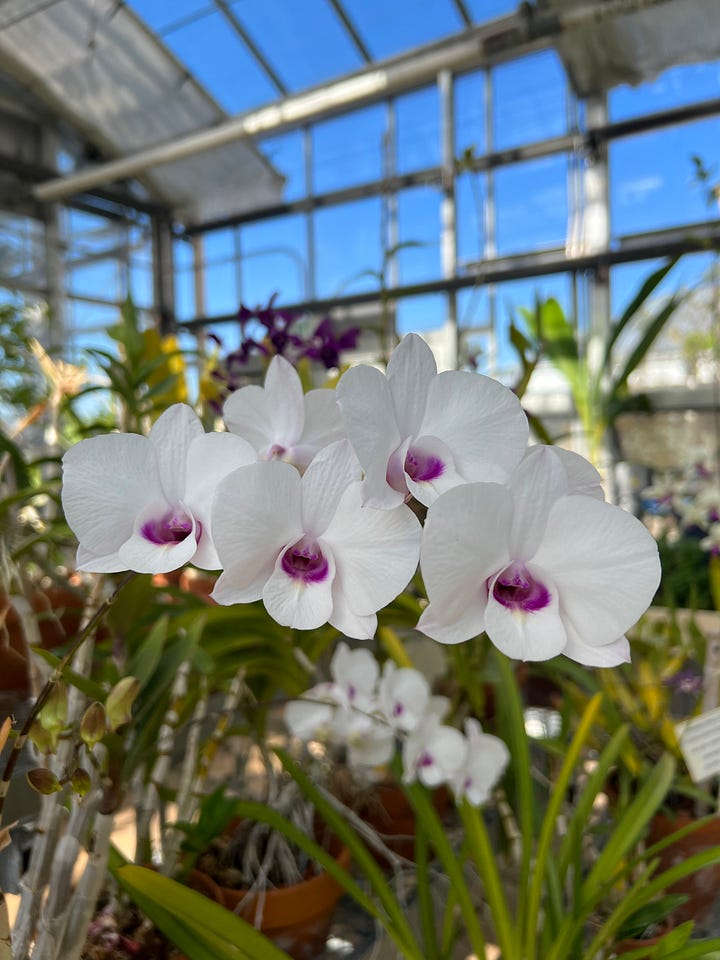
A calendar of events is at Miami University-Hamilton, as well as how to contribute to conservation efforts. Their work can also be found on FB and IN. The Conservatory is Donor funded.
Watch a two-minute video by Dr. Deidra Jacobsen, inside The Conservatory, Miami University, Hamilton.
You are invited to a free online networking gathering. Let go, grow and make new friends:
May 28, 2025, noon-1:30 pm EDT, for “The Calm Project” to calm, connect, collaborate and create.
Wildlands is an online magazine with collaborative community projects for a creative revolution in healthcare for flora and fauna.
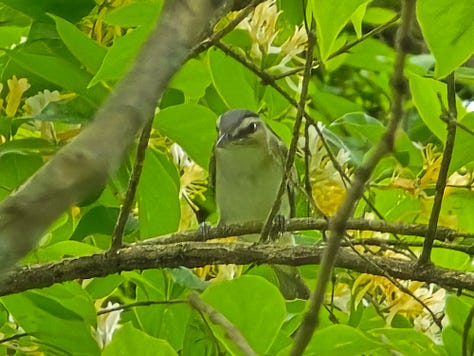
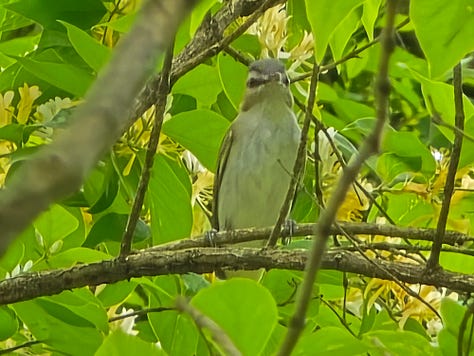
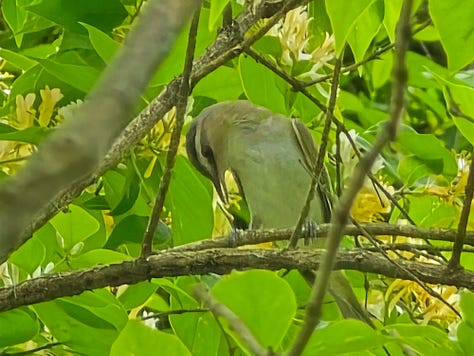
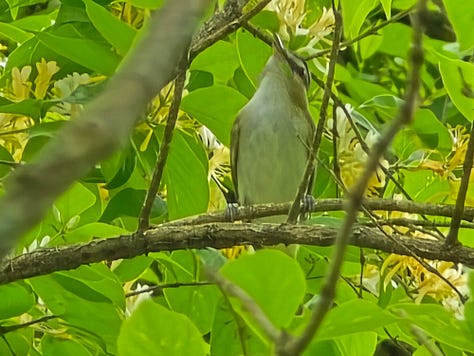
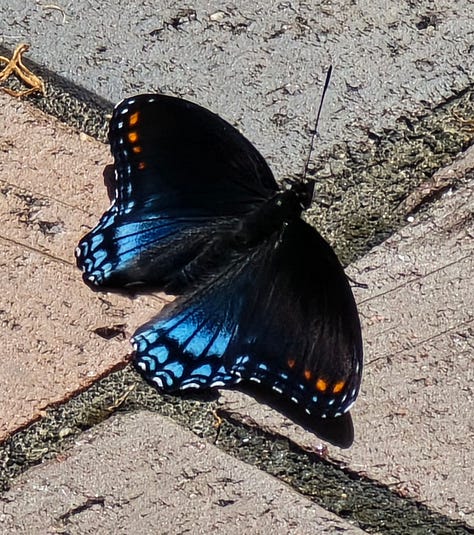
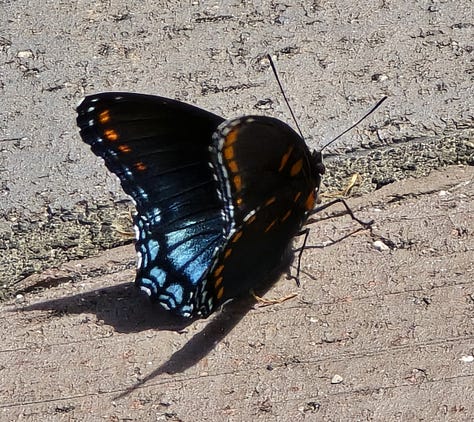
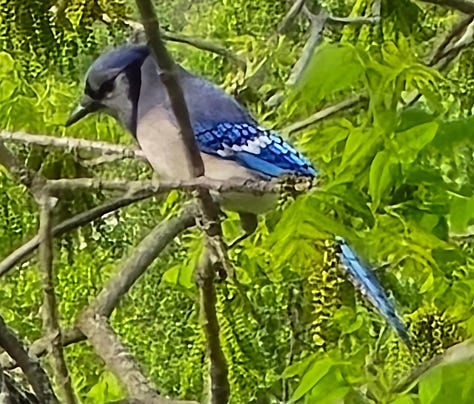
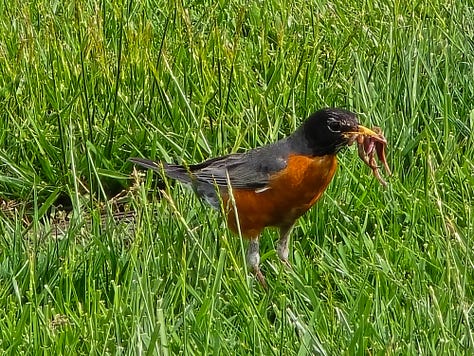
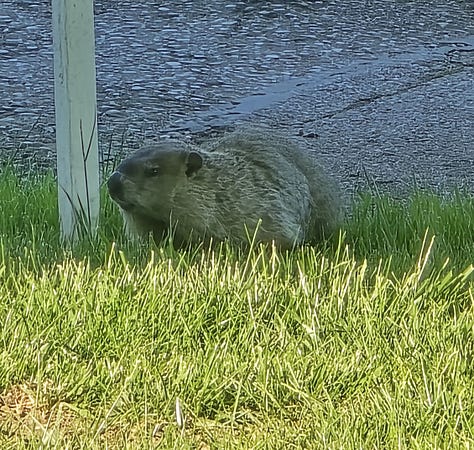
Plants are alchemists and play a vital role in capturing energy, storing CO2, and maintaining ecological balance, and are active partners in our world’s health and well-being. There are thousands of plant and animal species that have yet to be discovered. We are destroying entire ecosystems and do not know what we are losing.
Sustainable Tucson Habitat Restoration is the group I founded to create native pollinator gardens next to food gardens in parks and schools that are managed organically. I work with Parks and Rec, City Councils, Mayors, local businesses, farms, gardens, local and State leaders in several States. I’ve inspired non-profits to start their own habitat restoration groups and projects, as well as restoration of a desert river, which will also be designated a wildlife refuge and sanctuary.
I’ve also painted wildlife art with 300 children, (K-12) for a STEAM event at The Living Desert, a major conservation-restoration organization.
I’m a nature nomad, Loud Hawk, a poet with a purpose to help restore soils and souls, planting gardens and helping inner and outer habitat health...
Great things are growing in Wildlands and I need your support!
Wildlands is an online magazine with collaborative community projects for healthcare—I plant seeds for food, farming and freedom.
I offer consultations, classes, workshops and retreats online and in-person. Join me for a writing and art retreat at a lodge on a lake in an ancient forest, October 17-19, 2025!
YOU are needed to help Wildlands mission grow:
Paid subscriptions support collaborative community projects for environment, health and creativity.
Sponsorships help me purchase native flora and will be planted in your honor. And your support goes towards paid scholarships for healthy projects in parks and schools.
Support environmental and health education and paid opportunities for students to learn ecological restoration and healthcare.
Personal consultations, classes, workshops and retreats online and in-person covering a range of holistic health, interior and land design, food and nutrition, and art— and I sell my art to help fund projects.
Help me grow good in communities. Please share Wildlands.
Join a community that grows health, well-being and connection in a networking meeting. Our next gathering is May 28th, noon-1:30 pm EDT, “The Calm Project” to calm, connect, collaborate and create.
“Weeds are flowers too, once you get to know them.”- A. A. Milne

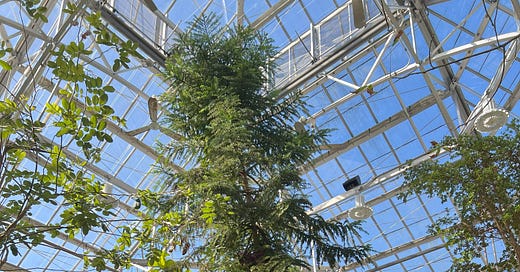




Please share, Wildlands is my fundraising mechanism for collaborative community projects with health initiatives and ecological restoration.
My mission is a mindset change towards nature, healthcare with the art and science of healing.